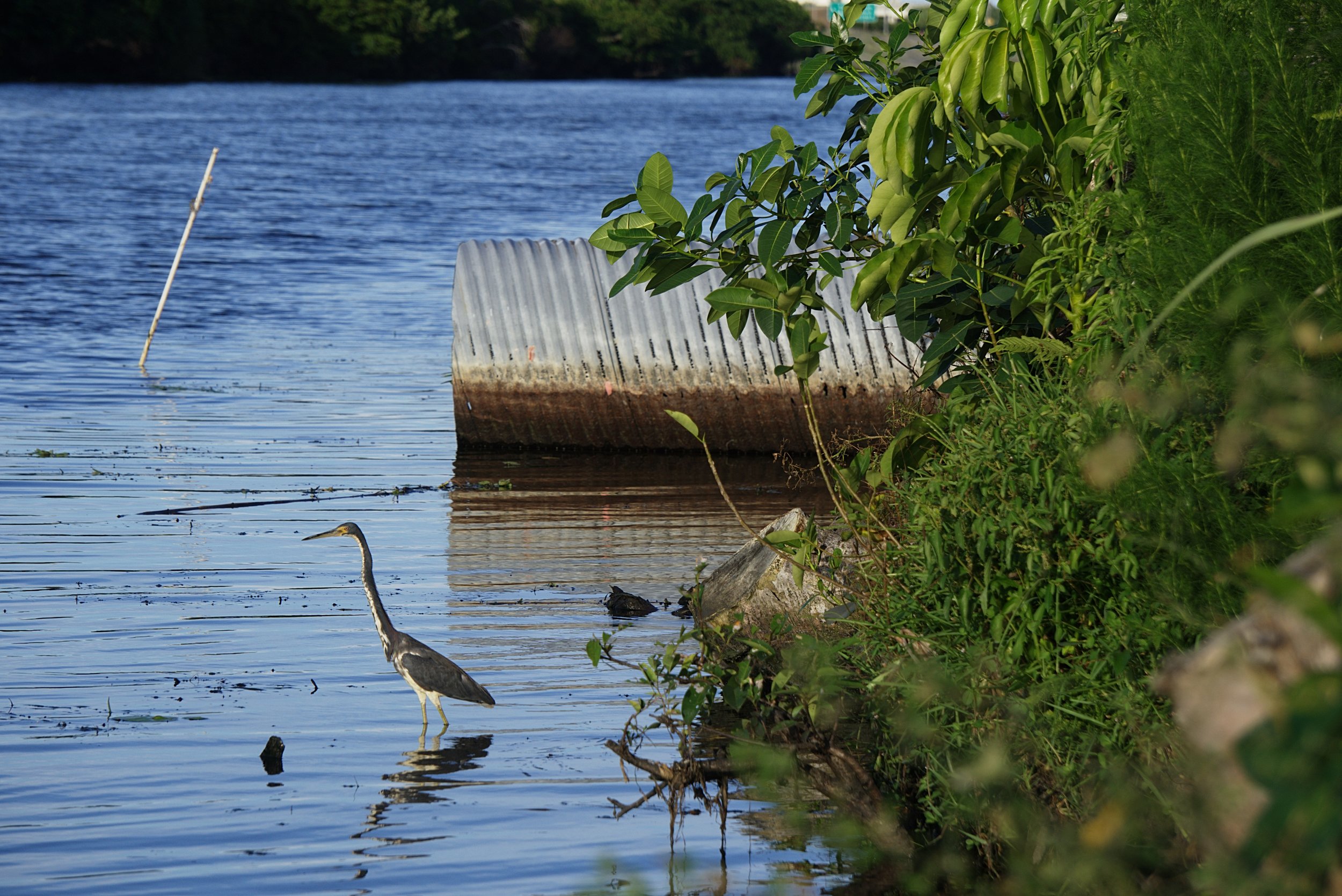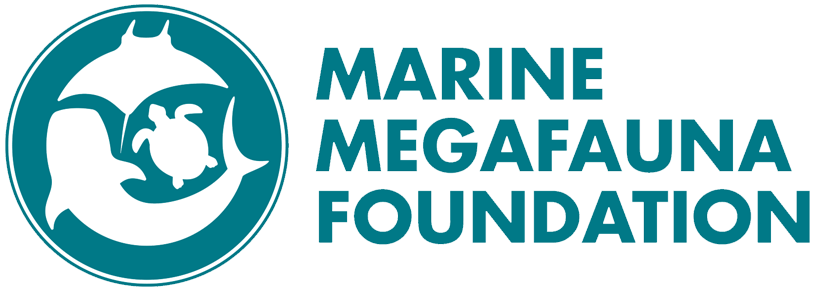SOS: SICK OF SEWAGE POLLUTION IN FLORIDA
OUR GOALS:
(1) de-politicize water pollution, and ensure governmental transparency,
(2) reduce the amount of nutrient pollution entering waterways leading to increasingly harmful algae blooms,
(3) provide certainty that municipalities will address overdue sewage and stormwater system maintenance via mandatory long-term commitments,
(4) help residents to access accurate information about water quality and pollution problems; empower residents to take effective action within the civil legal system.
WE NEED CLEAN WATER:
Florida is known for its beautiful beaches, bountiful wildlife, and beloved blue waters. The state is a biodiversity hotspot, supporting an incredible array of species and ecosystems. Much of Florida’s economy depends on clean water.
Sadly, many cities in Florida suffer from antiquated infrastructure that leads to sewage and fertilizer-laced water overflowing into waterways during large storms. Sewage pollution wreaks havoc on wildlife and poses major health risks to humans. Sewage and nutrient pollution fuels harmful algae blooms which suffocate aquatic life. Bacteria and pathogens in sewage can cause infections and even death for humans or pets unlucky enough to be exposed directly. Children, seniors, and immunocompromised people are most vulnerable to serious health impacts, but anyone can be affected.
City and county officials have not been proactive (or even reactive in many cases) in maintaining wastewater systems, and the state environmental agency has not been effective in enforcing applicable laws. It is exceptionally rare for criminal charges to be filed, even when officials are negligent in causing sewage spills and other pollution releases.
Civil lawsuits (“citizen suits”) filed in federal court can be powerful tools when government officials fail to protect the public. Our Children’s Earth Foundation has been working on sewage and stormwater pollution throughout the U.S. for nearly two decades. Because there is such a clear need for action in Florida, we have partnered with several other non-profit organizations to hold government accountable and ensure long-term progress.
STAY INFORMED:
You can monitor sewage spills and other pollution problems by accessing official reports and records from Florida Department of Environmental Protection (“FDEP”) and Florida Department of Health.
Sign up to receive pollution reports from FDEP by email, including sewage spills
Search for past pollution incidences and do deep-dive research with FDEP’s Oculus Database or Information Portal
Make sure it’s safe to swim by checking Florida Healthy Beaches
Contact your state representatives to demand clean water
If you have been personally impacted by pollution events, or if you are looking for additional resources not listed here, please contact us.
CLEAN WATER ACT CASES
Largo (2020 - present)
Our team has been investigating Largo’s pollution problems for years, and monitoring the state’s ineffective and disappointing efforts to address persistent nitrogen pollution and repeated sewage spills impacting local waters.
Largo’s wastewater treatment plant is the largest point source surface water discharger for total nitrogen loading in Old Tampa Bay. Old Tampa Bay suffers from a chronic harmful algal bloom and has failed to meet its chlorophyll-a attainment in four of the last six years, including the last two years in a row. Recent seagrass study results for 2020 show an alarming drop in seagrass in Old Tampa Bay generally as well as at Feather Sound.
We sent a notice of intent to sue in May 2020, and resolved the case via a stipulated order in April 2021. The settlement requires compliance with the City of Largo’s permit and all applicable pollution standards via reduced nitrogen pollution, improvements to the wastewater treatment and collection systems, and addressing infiltration and inflow problems throughout the city. Our coalition will monitor compliance with all requirements and deadlines between now and 2028.
In lieu of penalties for past pollution, Largo will also provide a $100,000 payment to the Tampa Bay Estuary Program to support water quality monitoring and ecosystem restoration projects in Old Tampa Bay.
Sarasota County (2019 - present)
Our 2019 investigation of Sarasota County’s wastewater systems revealed a shocking pattern of longstanding, systematic infrastructure failures and communications breakdowns that contributed massive amounts of pollution to area waters, harming public health and ecosystems.
Long story short: the nutrient-laced storage pond at the county’s largest treatment facility began periodically overflowing into Phillippi Creek, which flows into Sarasota Bay. The County knew about the Bee Ridge Pond overflows since at least 2013 and inexplicably did nothing to curtail its illegal practice of letting excess reclaimed water flow over the weir and into area waters, claiming it did not have enough re-use customers and therefore nowhere to send the nitrogen-laced water. Florida DEP also was inactive for 6 years. Our investigation revealed that the real cause of those spills was a total failure to properly manage the county’s wastewater infrastructure in the face of insufficient demand for the nitrogenated water produced at the Bee Ridge treatment plant.
To date, spills from the Bee Ridge pond have totaled over a billion gallons since 2013 on 394 separate days, adding more than 65 tons of nitrogen into local waterways.
To their credit, after receiving our notice of intent to sue in early 2019, the Sarasota County Commission showed a sincere willingness to work toward solving the problems and avoiding litigation. Throughout 2019, they have been responsive to public’s calls for environmental protection and have demonstrated a commitment to fixing infrastructure problems and making big investments in environmental infrastructure moving forward.
Our legal settlement secured court enforceable commitments for the county to implement immediate and long-term commitments, including:
· end the spills to Phillippi Creek from the Bee Ridge storage pond;
· rehabilitate the aging sewage collection system throughout the County;
· upgrade the Bee Ridge Plant to Advanced Wastewater Treatment; and
· adopt plans and processes to ensure adequate capacity, management, operations and maintenance of sewage infrastructure moving forward.
St. Petersburg (2016 - present)
Gulfport (2016 - present)
Gulfport is a small city with big sewage infrastructure problems. Gulfport's dilapidated wastewater system has been neglected for decades, and now maintenance and upgrades are urgently overdue. Our overall goal for sewage litigation is to ensure court oversight of the cities' plans to fix and improve public infrastructure. This strategy de-politicizes the issue and provides certainty for long-term progress to protect water quality, public health, and ecosystems.
St. Pete is located on Tampa Bay, and has a reputation as Florida's "First Green City." After an extremely unfortunate series of events led to the closure of one of St. Pete's four sewage treatment plants in 2015, the city repeatedly spilled massive amounts of sewage into local waters. Throughout 2015 and 2016, city officials minimized the sewage pollution problem and failed to provide adequate public disclosures about the scope, impacts, and risks associated with this type of pollution. This instinct to downplay the significance of sewage pollution undermined public trust and confidence that city officials would address its long-term problems.
In late 2016, a big storm led to enormous sewage dumps that fouled Tampa Bay, caused dozens of threatened black skimmers to die of salmonella poisoning, and fueled a red tide event that led to a large fish kill. We notified St. Pete of our intention to file a Clean Water Act citizen suit to address the systemic problems, but offered to avoid litigation by agreeing to a "consent decree" that would provide court oversight of long-term sewage infrastructure improvements. St. Pete instead focused on fighting the lawsuit every step of the way, while negotiating with the Florida Department of Environmental Protection ("DEP") on a “consent order” that included mostly voluntary measures, few firm deadlines, and no public input. The environmental groups were excluded from this process and there were other irregularities along the way, such as the DEP official interviewing for a city job while she was actively working on the consent order.
After one and a half years of litigation, during the summer of 2018, city officials developed an agreement with OCE and our co-plaintiffs regarding the work needed to address the problems with St. Pete’s wastewater collection and transmission system (i.e. the pipes and pump stations that move wastewater to the treatment plants). That agreement is reflected in an amendment to the city’s “consent order” with DEP, which was filed in federal court allowing for long-term court oversight of the city’s progress.
The settlement provides certainty and transparency, while also allowing for court enforcement of the amended consent order to ensure that St. Pete stays on track with sewage system maintenance and improvements. The amended consent order includes firm deadlines and specific work requirements for fixing the leaky, antiquated pipes. The settlement also calls for an additional lift station, increased water testing, and prompt public disclosures. The city will also provide funding to the Tampa Bay Estuary Program.
The settlement, which was unanimously approved by the St. Petersburg City Council, closes this chapter of the city’s sewage spill history and supports the city’s ongoing efforts to fix all of its sewage infrastructure over the long-term. St. Pete’s sewer work will continue for many years.
PRESS & EDUCATION
LEGAL DOCUMENTS & PRESS RELEASES
MARCH 2020: ORDER RE: LEGAL FEES FOR ST. PETE CITIZEN SUIT
SEPT 2019 PRESS RELEASE RE: SARASOTA COUNTY SETTLEMENT
OCT 2018 PRESS RELEASE RE: ST PETE SETTLEMENT
OCT 2018 CONSENT ORDER AMENDMENT: ST PETE
OCT 2018 COURT FILINGS: ST PETE SETTLEMENT DOCUMENTS
MAY 2018 EXPERT REPORTS: ST PETE
PLAINTIFFS' APRIL 2018 LETTER TO ST PETE
CITIZEN SUIT COMPLAINT: ST PETE
CITIZEN SUIT COMPLAINT: GULFPORT
2017 FL DEPARTMENT OF ENVIRONMENTAL PROTECTION CONSENT ORDER: ST PETE
2017 FL FISH AND WILDLIFE CONSERVATION COMMISSION REPORT: ST PETE






















